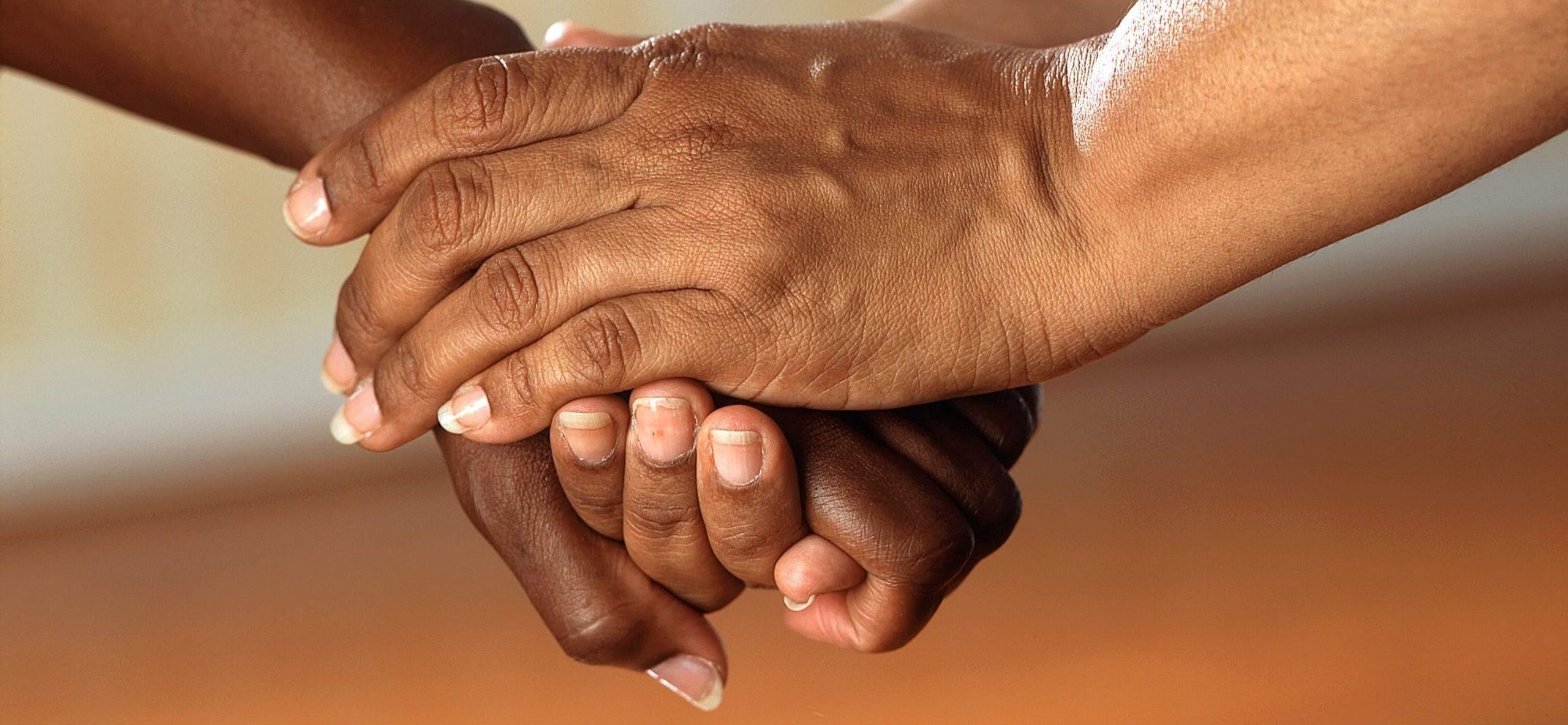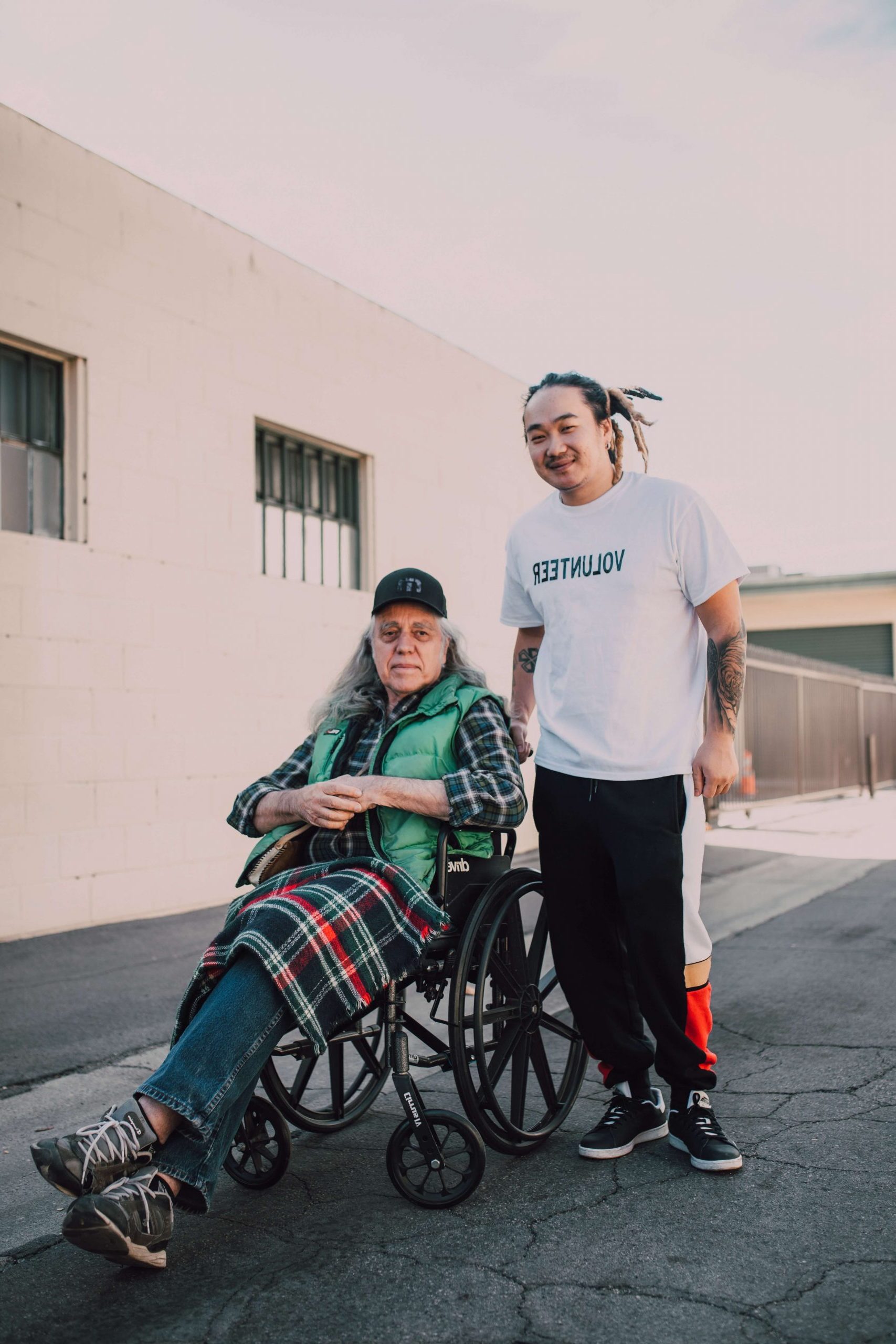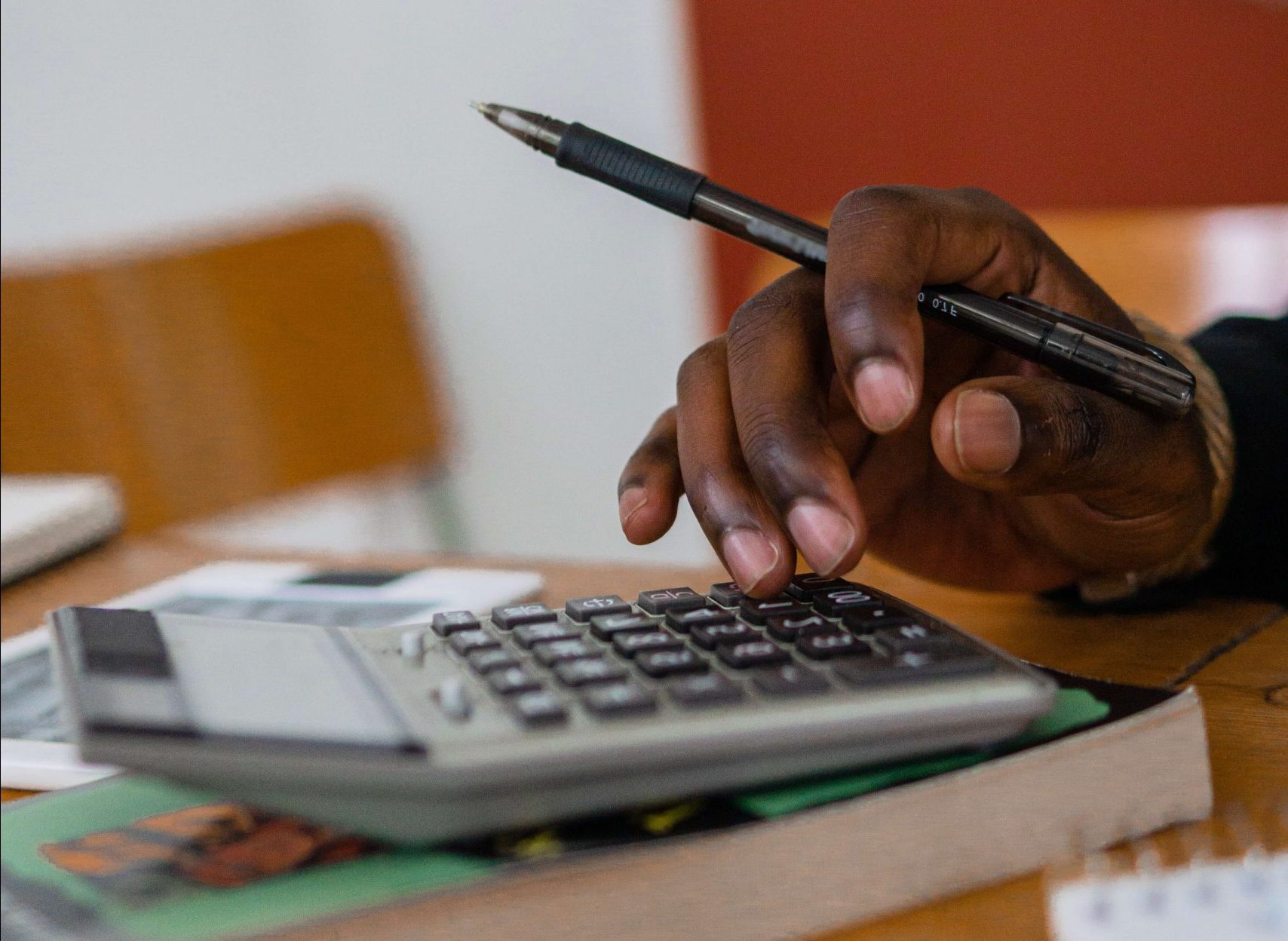
What are carers? If I am one, can I get Carer’s Allowance? If you are caring for someone else’s health, you may be eligible for certain benefits and help. Your Benefit will walk you through everything you need to know about carers and carers benefits in 2022.
What is a carer?
A carer is someone who has the responsibility of caring for someone. This person often has one of the following three conditions: they are old, have an illness or disability.
If you are currently taking care of someone vulnerable, you may be a carer. You are a carer if all of the following apply to you, you:
- Help someone with common daily tasks: this can include dressing up, eating, bathing, scheduling and taking them to appointments, doing their grocery shopping for them, or simply keeping them company;
- Are not paid to take care of the person you are looking after;
- Spend a large amount of time looking after this person: this can be anywhere from a couple of hours a day to looking after them 24 hours a day, 7 days a week. There is no legal minimum or definition;
- The person you’re caring for may or may not live with you, or vice versa.
What benefits can you claim if you are a Carer?

You may receive certain benefits if you are a carer. In fact, some of them may help with day-to-day tasks. For example, these benefits can be things like Carer’s Allowance.
Young carers who are under 24 years old can get help from Carers Trust. If this is your case, you may do so locally or online. You may also be a parent carer of a child under 18 years old with complex needs. In this case, you may be entitled to additional help and support.
There may be additional practical help available to you. They are often provided by local councils. Moreover, they may help you better focus on caring for the person you are responsible for. It might also help you in reducing stress.
In order to get this kind of help, your local council will need to do a carer’s assessment. All carers are entitled to get an assessment. However, it is not an exam or a test. In fact, you will not be evaluated on whether the care you give is good or sufficient “enough”.
The carer’s assessment looks at a couple of things. It observes how your life and work are impacted by your caring. Additionally, it also looks at how your caring affects your ability to do important things and activities, for you and your family.
How can I get a carer’s assessment?
You will need to contact a certain social services department. More specifically, the one in the local council which covers the area in which the person you are responsible for lives. The council’s website may allow you to do this step online. You can find this on the NHS website.
How much is Carer’s Allowance?
If you are a carer, you may be eligible to receive Carer’s Allowance. You may earn £67.60 weekly. If you care for multiple people, the amount you receive will not increase.
You may choose to be paid in two different ways. Either weekly in advance, or every 4 weeks. Your pay will be put directly into your bank account. Carer’s Allowance is a benefit you may earn if you are caring for someone for a long time every week. It can help to cover the costs that might arise from this.
Am I eligible for Carer’s Allowance?
Carers must be caring for someone for at least 35 hours a week, and that person must receive certain benefits. You do not need to be related to or live with the person you are caring for.
The type of care you provide can include one of the following:
- Taking care of bills, shopping and other household tasks;
- Accompanying the person to doctors appointments;
- Aiding in washing, cooking, cleaning…
All of the following must also be true. You:
- Are 16 years or older;
- Spend 35 hours or more taking care of someone;
- Have lived in England, Scotland or Wales for at least 2 of the past 3 years (this does not apply if you have a humanitarian protection status or are a refugee);
- Normally live in in England, Scotland or Wales, or live abroad as a member of the armed forces (if you will or currently live in an European Economic Area country or Switzerland, you may still be eligible);
- Are not currently in a full-time education;
- Do not study for 21 hours or more weekly;
- Are not subject to immigration control;
- Earn £128 or less weekly after tax. This includes National Insurance and expenses (you may sometimes earn more than £128 a week. You may still be eligible for Carer’s Allowance. In this case, your average earnings could be used to calculate your eligibility).
How do I calculate my earnings?
You may wonder what counts and doesn’t count as expenses. Then, they are the following:
- 50% of your pension contributions;
- Costs towards equipment required for your job (this may include specialist clothing);
- Costs of travel between workplaces not covered by your employer (this may be fuel or train costs);
- Business costs for those who are self-employed (this may include costs towards a work computer).
The carer may not be your spouse, partner, parent, child or sibling, however. Here is an example:
| Carer's Allowance earnings example in 2022 | |
|---|---|
| Earnings and expenses | Amount (weekly) |
| Earnings | £110 |
| Expenses on care | £70 |
| Amount treatable as expenses | £55 |
Some things may not count as earnings. They include:
- Money earned from a private or occupational pension;
- Payments done for your living or accommodation costs from someone who lives with you (they must not be a boarder or tenant);
- If someone is boarding in your house: the first £20 weekly and 50% of any remaining income you earn from them;
- Loans and advance payments given by employers.
What benefits must the person I am caring for get?

The person that you care for must already be receiving a qualifying benefit. More specifically, they need to get one of following:
- Armed Forces Independence Payment;
- Child Disability Payment – middle or highest care rate;
- Constant Attendance Allowance at the basic (full day) rate with a War Disablement Pension;
- Constant Attendance Allowance, equal to or more than the normal maximum rate, with an Industrial Injuries Disablement Benefit;
- Attendance Allowance (AA);
- Disability Living Allowance (DLA), either the middle or highest rate;
- Personal Independence Payment (PIP).
Multiple carers responsible for the same person
You may share the care for one person. At least one of the other carers may be getting one of the following benefits for the same person. If so, you cannot get Carer’s Allowance:
- Carer’s Allowance;
- The ‘caring for a severely disabled person‘ extra amount of Universal Credit for this person;
You may talk with the other carers if you would like to receive the benefit. If they refuse, you may still apply for Carer’s Allowance. The Department for Work and Pensions (DWP) will then be the ones to determine who should receive the benefit.
Will Carer’s Allowance impact other benefits?
You may be able to earn Carer’s Credit if you are not eligible for this benefit. Your other benefits may be affected by Carer’s Allowance. This is also true for the person you care for. You may also have to pay tax on the benefit. This is if your income is a higher amount than your Personal Allowance.
If you earn Pension Credit and your State Pension over £67.60, you will not be eligible for Carer’s Allowance. However, you will earn more Pension Credit payments.
Apply for Carer’s Allowance
You can claim Carer’s Allowance online, on the Gov.UK website. You will need the following documents and information:
- Your National Insurance number: if you have a partner, they will need their own as well;
- Bank or building society details: this is unless you receive State Pension;
- If you are working: employment details and your latest payslips;
- In case you stopped working: P45;
- Information on the course you are studying, if you study;
- Expense details, like costs of care or pension contributions.


